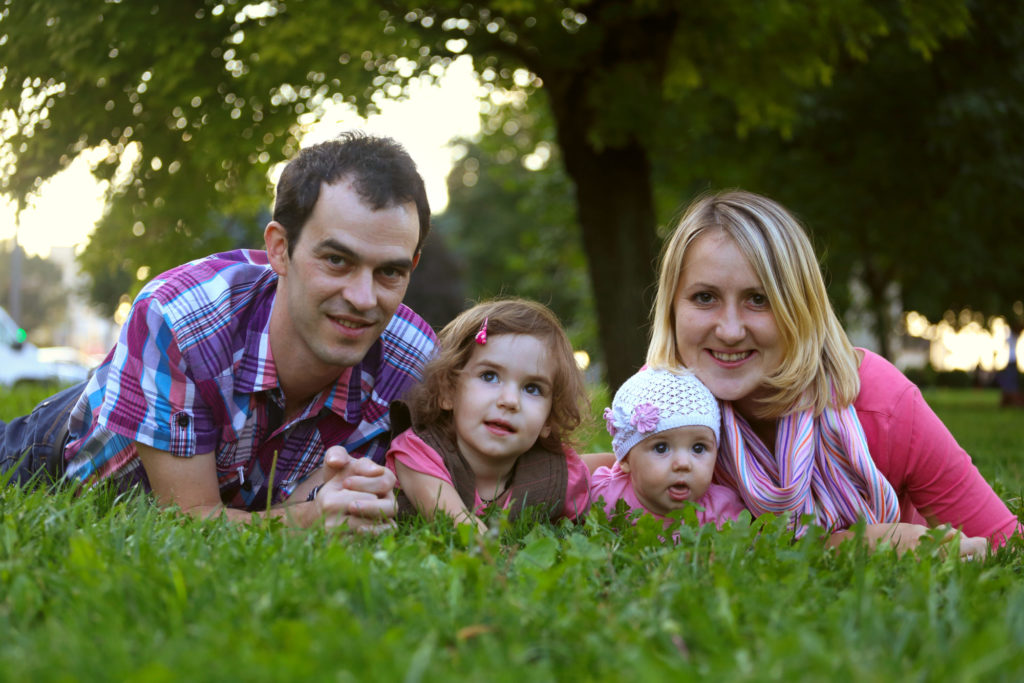The working group deals explicitly with residential mobility and immobility to underline that rural areas are not necessarily and always left behind. In many rural areas we see that different movements are taking place at the same time with people staying, coming and leaving (e.g. refugees, unskilled labour migrants, skilled migrants, lifestyle migrants). It is important to consider the temporality and spatiality of (im)mobilities and the social characteristics of those who stay, come or leave. Zooming in and zooming out may allow us to better understand how rural places interact with other areas – nearby or at distance, urban and rural regions as well as internationally. The aim of this working group is to better understand the phenomenon of rural (im)mobility, its causes and consequences in terms of the viability and liveability of rural areas and, hence, social and spatial (in)equality.
Through a focus on various peoples’ (im)mobilities and resulting changing relationships to rural places, the proposed WG tackles the conference’s “social justice” theme. We invite papers that give insight in the empirical reality of rural (im)mobilities as well as papers that engage with theoretical frameworks of explanation. Papers are invited on any aspect of residential (im)mobility and socio and/or spatial inequalities; however, given our intention to consider some of the WG papers for a publication on mobility and territorial inequalities we are particularly interested in the following questions:
- Who moves into rural areas or stays there, leaves them and/or returns to them? How do such decisions result in social and/or spatial inequalities? Are their residential choices motivated by perceptions of social and/or spatial inequalities?
- In what sense do (perceptions of) the quality of life and the reputation of sending and receiving rural regions influence decisions to stay or move?
- How do (international) labour market developmens affect the decision to stay/move in rural settings?
- Rural diversity: what is the impact of (im)mobility processes, and how can we explain their contribution to the emergence of rural differences?
- What are the policy issues associated with (im)mobility and socio-spatial inequalities? What strategies do private actors and public authorities pursue in order to attract what kind of migrants (the “good”/”bad” migrant)?
Format:
- Traditional workshop: 3-4 papers presented by authors in advance of opening the floor for Q&As and wider discussion.
- Split session: Traditional short paper presentation followed by small table discussions.
Please send your abstracts no later than 10 January 2019 to all three contact persons:
Abstracts
Working Group Session 1 Wed 09:00 – 10:30
Working Group Session 2 Wed 11:00 – 12:30
- Maarit Sireni – Everyday life and mobility in the sparsely populated rural Finland
- Aileen Stockdale – Inequalities over the lifecourse in the brave new world of mobility
- Xue Zhang – People’s mobility, labor market disequilibrium and rural development in the US
- Loukia-Maria Fratsea – Rural mobilities against social inertia in post-crisis Greece
- Ayah Omar – Climate Variability and Agricultural Labor Mobility in Rural Egypt
- Mary Jo Dudley – Immigrant Farmworkers in Rural Communities: Approaches to Diminish Social, Linguistic and Economic Isolation
- Marco Eimermann – Lifestyle migrants and intercultural communication in Swedish villages
- Thoroddur Bjarnason – Migration experiences and tolerance towards immigrants
Working Group Session 3 Thur 09:00 – 10:30
- Michael Woods – Rural Cosmopolitanism, Refugees and Restricted Mobilities in Rural Towns: Experiences from Ireland and Wales.
- Mariann Villa – Who’s place? Pending contests in multi-migrant rural areas
- Daniel T. Lichter – Immigration and Population Change in Rural America: A Demographic Lifeline to Depopulating Rural Areas?
- Tiina Sotkasiira – Opportunities in rural regions, and reasons for having to leave The residence choices of young people with a refugee background as a subject of official discourse
- Bettina Bock – Migration and spatial inequality: the case of the Netherlands
- Gréta Bergrún Jóhannesdóttir – Gendered migration in rural areas and small towns of Iceland
- Gergely Horzsa – Could rural development programmes keep people in place?
- Monika Mária Váradi – ‘Why should (‘nt) I leave?’
- Ricard Morén-Alegret – PROMOTING MIGRATION INTO RURAL AND SEMI-RURAL AREAS? LOCAL GOVERNMENT RESPONSES TO SUSTAINABILITY CHALLENGES IN SMALL VILLAGES OF CATALONIA, SPAIN
- Sylwia Urbańska – When traditional rural communities meet the postmodern family. Role of (im)mobilities in the rural family changes in Poland 1989-2019.
Working Group Session 4 Thur 11:00 – 12:30
- koos Balint – The interplay between selective migration and spatial segregation in shrinking Hungarian towns
- Julie Fromentin – (Im)mobilities, diversity and rural change : new patterns of immigrant settlement in rural France
- Marie Holm Slettebak – Immigration to rural areas and changes in natives’ mobility patterns
- Yukihiko Saito – Could ‘related residents’ save depopulated settlements in rural area of Japan?
Working Group Session 5 Thur 14:00 – 15:30
- Mateusz Gałkowski – Exodus or entrepreneurial rebirth? Young generation’s preferences and the socio-economic future of rural areas in Poland
- Ryo Iizuka – Change in mobility and impact of rural gentrification in remote commuter villages: The case of the rural area of Leicestershire, England
- Barbara Holthus – The impact of place and space on residents’ sense of happiness in rural Japan
- Xaquin Perez Sindin Lopez – Place attachment, deindustrialization and rural mobility: an empirical study.

